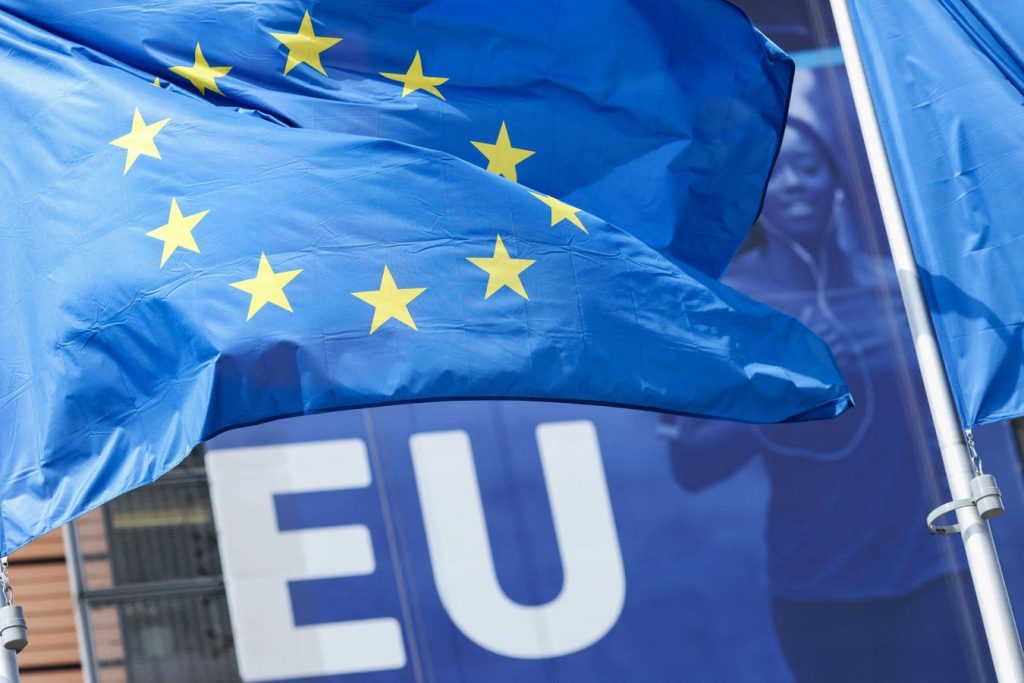EU Green Deal Under Scrutiny: Omnibus Simplification Package Aims to Ease Regulatory Burden on Businesses
The European Union’s ambitious Green Deal, a comprehensive legislative package designed to combat climate change and achieve net-zero greenhouse gas emissions by 2050, is facing a potential overhaul. Driven by calls to alleviate the regulatory strain on businesses, the EU is preparing to introduce the Omnibus Simplification Package, a legislative initiative aimed at streamlining and reducing reporting requirements under key Green Deal directives. This move has sparked intense debate among governments, business interests, and environmental activists, with the potential to reshape the international landscape of sustainability reporting.
The Green Deal’s core components include the EU Taxonomy for Sustainable Activities, the Corporate Sustainability Reporting Directive (CSRD), and the Corporate Sustainability Due Diligence Directive (CSDDD). The Taxonomy provides a classification system for environmentally friendly business activities, while the CSRD mandates companies to disclose their environmental, social, and governance (ESG) performance, including greenhouse gas emissions. The CSDDD extends these requirements to a company’s supply chain, holding businesses accountable for the sustainability practices of their suppliers. However, these regulations have been criticized for imposing a significant administrative burden, particularly on small and medium-sized enterprises (SMEs).
The Omnibus Simplification Package seeks to address these concerns by reducing reporting requirements by 25% for all businesses and 45% for SMEs. This initiative will focus on revising the Taxonomy, CSRD, and CSDDD, potentially altering the scope and implementation timeline of these crucial directives. Following an informal meeting in November 2024, European Commission President Ursula von der Leyen signaled the Commission’s intent to streamline these regulations, highlighting the need for a comprehensive approach to reduce unnecessary burdens.
The proposed reforms have sparked widespread discussion and input from various stakeholders. The Accounting Standards Committee of Germany (DRSC), a prominent financial reporting organization, has put forward four key recommendations for amending the CSRD. These proposals include introducing graduated requirements for mid-cap companies, allowing voluntary application of SME standards by smaller large companies, mandating the European Financial Reporting Advisory Group (EFRAG) to prioritize reducing bureaucratic burdens, and suspending the development of sector-specific standards under the CSRD. These recommendations largely align with the anticipated direction of the Omnibus Simplification Package.
One of the key areas of debate revolves around the reporting requirements for different company sizes. The introduction of a "mid-cap" category aims to bridge the gap between SMEs and large companies, addressing concerns about the significant increase in reporting obligations faced by businesses as they grow beyond the SME threshold. Furthermore, the DRSC’s proposal to allow voluntary application of SME standards by smaller large companies acknowledges the potential burden of mandatory compliance with the full CSRD framework.
Another contentious point is the development of sector-specific reporting standards. EFRAG, the EU’s equivalent of the DRSC, has been tasked with drafting the European Sustainability Reporting Standards (ESRS), which detail the specific information companies must disclose under the CSRD. While EFRAG has developed a set of general ESRS (Set 1), the development of sector-specific standards has been delayed pending the implementation of Set 1. The DRSC’s recommendation to suspend the development of sector-specific standards reflects concerns about the added complexity and potential overlap with existing reporting frameworks.
The Omnibus Simplification Package has also raised questions about the role of voluntary standards. EFRAG has developed voluntary ESRS for SMEs (VSME), but concerns exist that these standards could become de facto requirements as larger companies seek information from their SME suppliers to fulfill their own CSRD obligations. This potential for indirect mandatory application of voluntary standards is another aspect under consideration within the Omnibus Simplification Package.
With the final draft of the Omnibus Simplification Package scheduled for release on February 26, 2025, intense lobbying and speculation are expected. The EU faces a delicate balancing act: streamlining regulations to ease the burden on businesses while maintaining the effectiveness of the Green Deal in achieving its climate goals. The final outcome will significantly impact businesses operating within the EU and potentially influence the global landscape of sustainability reporting. The debate highlights the ongoing tension between promoting sustainable business practices and minimizing regulatory burdens, a challenge that will continue to shape the evolution of environmental policy in the years to come.


